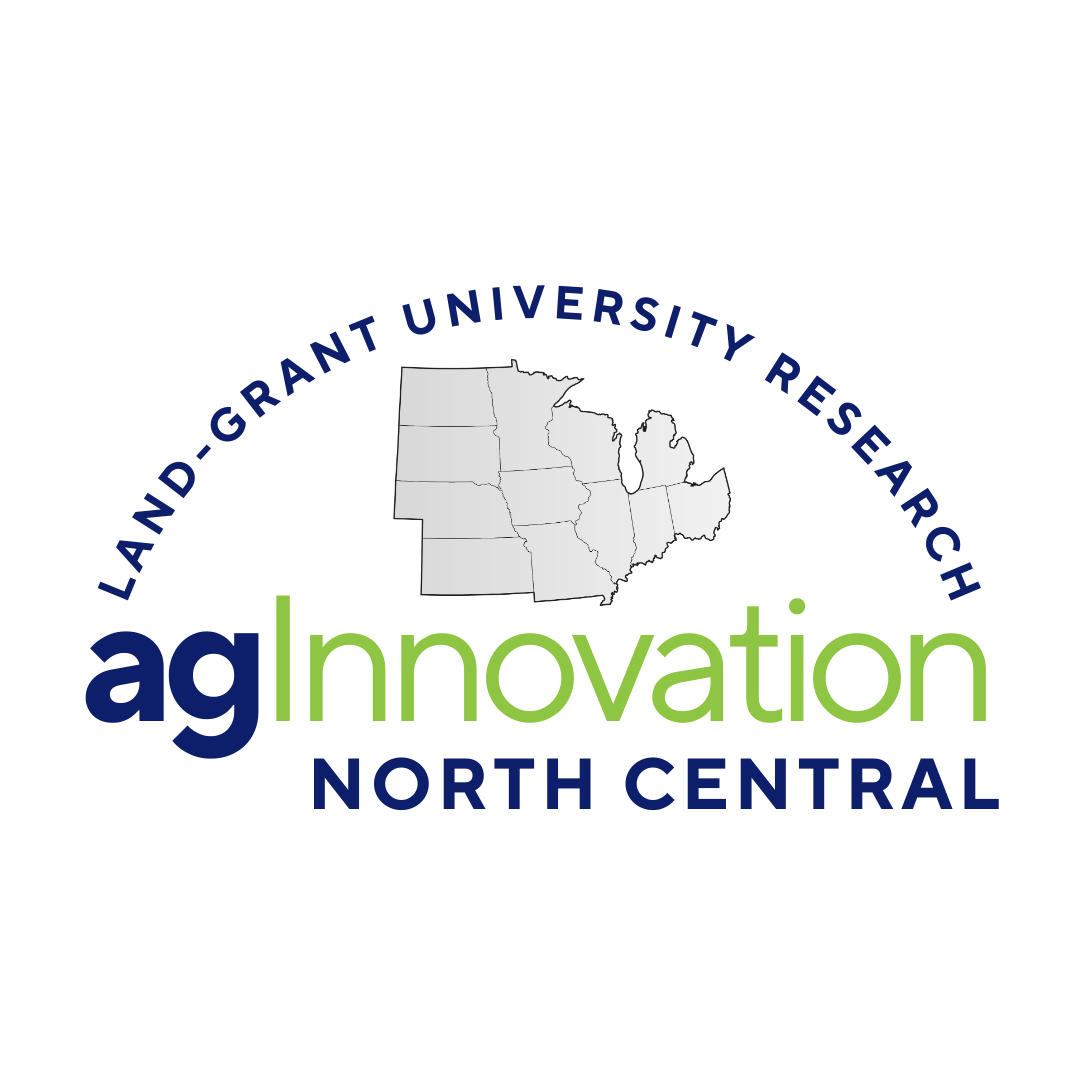
NCDC226: NCDC Proposal Project: EFFECTS OF CHANGING CLIMATIC CONDITIONS ON BEEF CATTLE
(Multistate Research Coordinating Committee and Information Exchange Group)
Status: Inactive/Terminating
NCDC226: NCDC Proposal Project: EFFECTS OF CHANGING CLIMATIC CONDITIONS ON BEEF CATTLE
Duration: 01/02/2011 to 01/02/2013
Administrative Advisor(s):
NIFA Reps:
Non-Technical Summary
Statement of Issues and Justification
EFFECTS OF CHANGING CLIMATIC CONDITIONS ON BEEF CATTLE Dr Terry L. Mader, University of Nebraska, Haskell Ag Lab, Concord, NE While new knowledge about animal responses to the environment continues to be developed, managing cattle to reduce the impact of climate remains a challenge. In particular, additional environmental management strategies are needed to guide managers when making decisions prior to and during periods of adverse weather. In the Midwest and Plain states losses of confined cattle exceeded 2,000 head during each of seven separate heat waves, which occurred over the past 15 years. The heat waves of 1995, 1999, 2006, 2009, and 2010 were particularly severe with documented cattle losses in Midwestern states approaching 5,000 or more head each year. The winters of 1992-93, 1996-97, 1997-98, 2006-07, and 2008-09 also caused hardship for cattle producers with some feedlots reporting losses in excess of 1,000 head. Up to 50% of the newborn calves were lost in many areas with over 75,000 head of cattle lost in the Northern Plains states during the 1996-97 and 2008-2009 winters. Late fall and early winter snowstorms in 1992, 1997, and 2006 resulted in the loss of over 30,000 head of feedlot cattle each year in the Southern Plains of the United States. Economic losses from reduced cattle performance likely exceed those associated with cattle death losses by 5- to 10-fold. Generally, cattle efficiencies and daily gain are decreased between 5 to 10% for the entire feeding period as a result of early winter moisture combined with poor drying conditions and/or prolonged cold stress. Mud appears to be the single largest contributor to poor cattle performance in winter and spring. However, the use of bedded barns, beneficial in the winter, did not lessen heat stress in the summer, as measured by the temperature humidity index (THI) but they did act as shade to decrease the solar heat load on the animal. In other summer feeding studies, restricting feed intake to 85% of ad libitum lowers body temperature (BT) approximately .5 °C (.9 °F), even after the period of feed restriction ended. Sprinkling feedlot cattle was more effective in cooling cattle if sprinkling was done in the morning versus in the afternoon. Certainly it is recommended to start cooling strategies prior to cattle showing signs of heat stress (panting). Sprinkling of pen surfaces may be as much or more beneficial than sprinkling the cattle. Cooling the surface would appear to provide a heat sink for cattle to dissipate body heat, thus allowing cattle to better adapt to environmental conditions vs adapting to being wetted. Also, during hot days, BT of black-hided cattle can be over .5 °C (.9 °F) greater than BT of white-hided cattle. In handling studies, moving cattle through working facilities requires an expenditure of energy causing an elevation of average BT between .5 and 1.0 °C (.9 and 1.8 °F), depending on the ambient conditions. Strategies designed to reduce the detrimental effects of heat stress while maintaining animal productivity need to be implemented. During hot days minimal handling of cattle is recommended for promoting animal comfort. These are a few examples that suggest rational, cost effective management systems are needed to reduce climate-related losses in cattle. Such systems should incorporate tools and information about cattle responses to weather challenges for managers to use in helping animals cope with adverse climatic conditions. Furthermore the above-mentioned weather events, in addition to mitigation strategies studied, suggest that there is a tremendous opportunity to assist cattle producers in developing environmental-stress related mitigation strategies for beef cattle. Furthermore additional studies and adoption of these strategies are needed to enhance optimum animal comfort and insure that the consumer interest regarding proper care and welfare of animals housed outside are addressed. Contact information: tmader1@unl.edu (402)584-3812 References Mader, T. L. 2003. Environmental stress in confined beef cattle. J. Anim. Sci. 81:E110. Mader, T.L., Davis, M.S., Brown-Brandl, T. 2006. Environmental factors influencing heat stress in feedlot cattle. Journal of Animal Science, 84(3), 712-719. Mader, T. L., K. L. Frank, J. A. Harrington, JR., G. L. Hahn, and J. Nienaber. 2009. Potential climate change effects on warm season livestock production in the Great Plains. Climatic Change. (2009) 97:529-541. Mader, T. L. and J. B. Gaughan. 2009.Heat and cold stress effects on beef cattle. 18th ADSA Discover conference on Food Animal Agriculture: Effect of the Thermal Environment on Nutrient and Management Requirements of Cattle. Nov. 2-5, 1009. Brown County Inn, Nashville, IN. Mader, T. L., L. J. Johnson, and J. B. Gaughan. 2010. A comprehensive index for assessing environmental stress in animals. J. Anim. Sci. 88:2153-2165. St-Pierre, N. R., B. Cobanov, and G. Schnitkey. 2003. Economic losses from heat stress by US livestock industries. J. Dairy Sci. 86:E52. This NCDC Proposal Project is supported by Dr. Ernie Minton (KS), Dr. Deb Hamernik (NE), and Dr. Marc Linit (MO).
Objectives
-
As an NCDC-Proposal Project, the expected outcome is a grant proposal submitted to a regional or national competitive program involving collaboration among three or more states with a minimum budget of $1M per year.